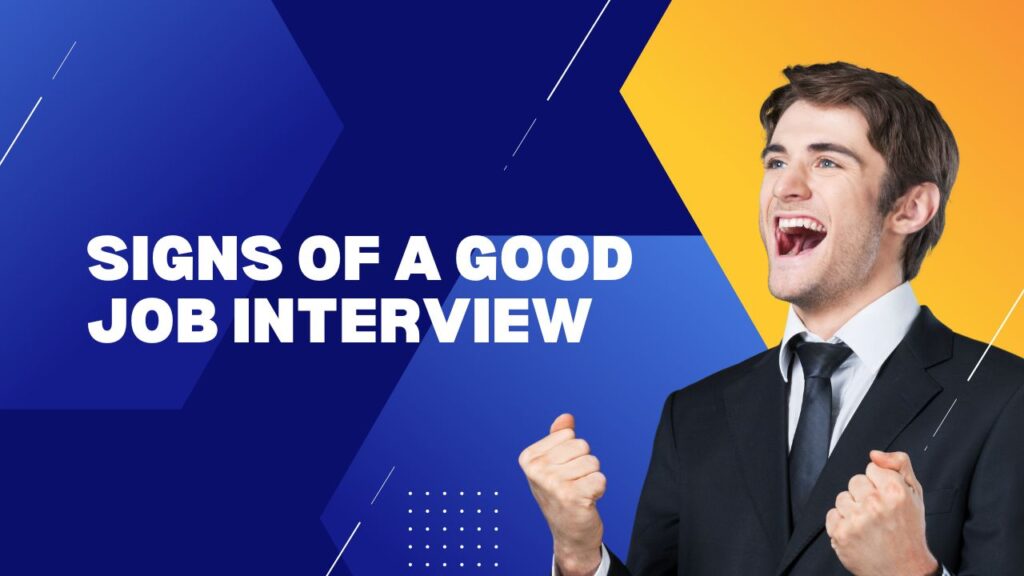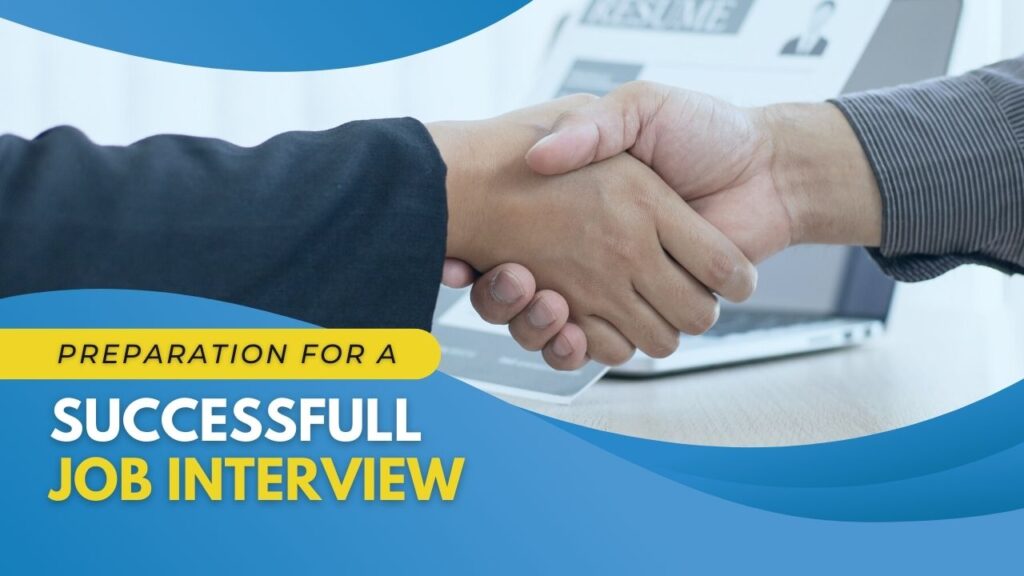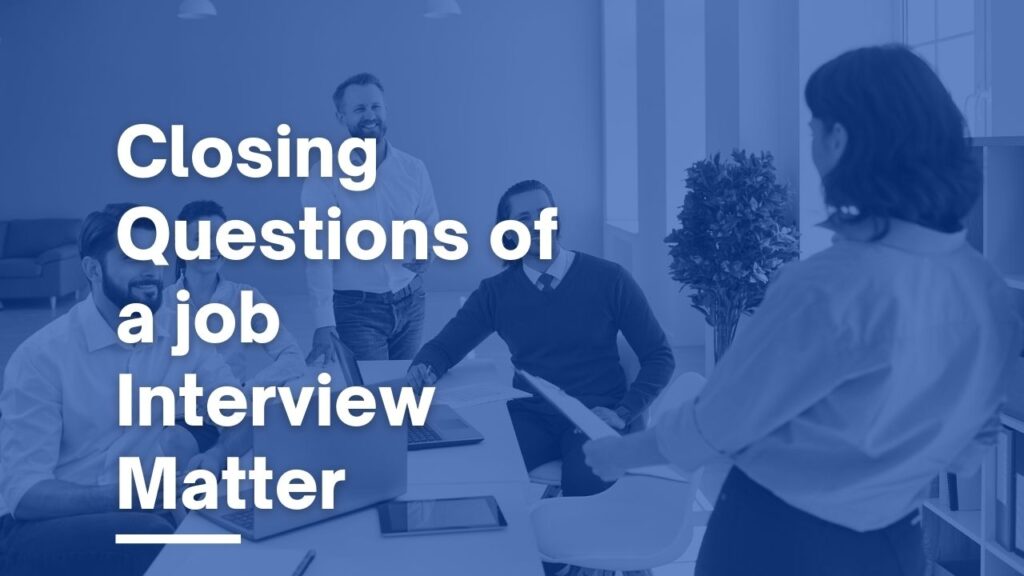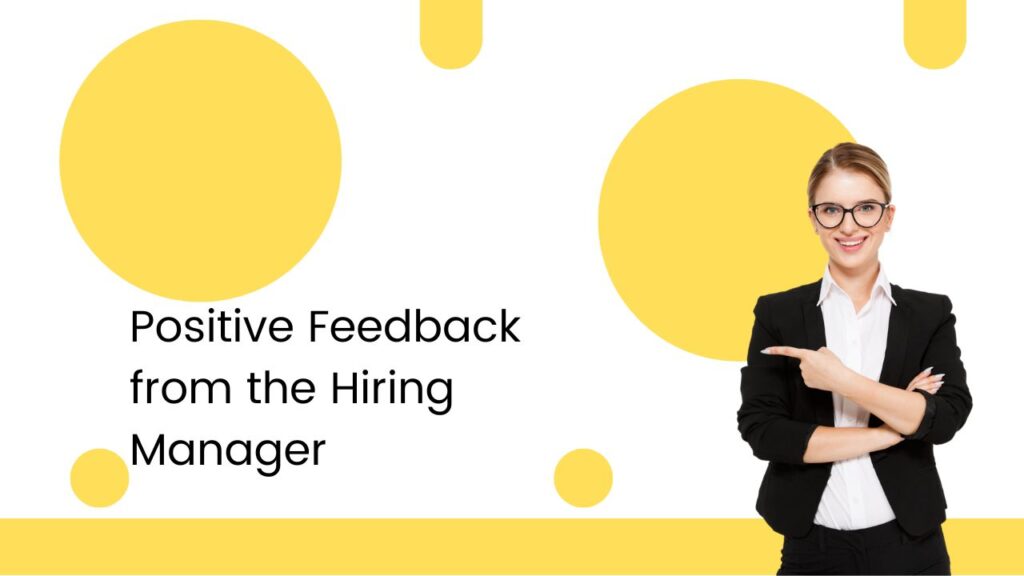As college students preparing for the professional world in India, anxiety often looms large post an interview. The tendency to analyse every uttered word and reflect on every interaction is quite common. However, Tom Osborne, an experienced recruitment expert, offers some insight to help put your mind at ease.
Osborne shares that the relief you feel once the interview is over often quickly shifts to contemplation, wondering how the interview actually went. This period of limbo post-interview can be challenging and while gut feeling might play a part, it’s advisable not to dwell excessively on every response you gave. Instead, Osborne outlines 11 signs to help gauge your interview performance:
1. Exceeding the Expected Interview Duration: A Good Start
The duration of your interview can be a significant interview success sign. If your conversation extends beyond the initially allotted time, it’s a positive signal worth noting.
Recruiters and hiring managers have busy schedules and need to make the most of their time. Their willingness to spend extra time with you indicates their interest in your candidacy. It suggests they find your profile engaging and see potential value in you as a candidate. They may also want to delve deeper into your skills and experiences to assess their alignment with the job and company objectives.
However, remember that the interview duration is just one of several success signs. Assess it in combination with other indicators to understand your overall interview performance and further refine job hunting strategies for college students.
2. A Conversational Interview: Building Connections

Developing a rapport and having a conversational interview is a key job hunting strategy for college students. An interview should feel like a mutual exchange of information, not a one-sided interrogation.
If your interaction with the interviewer felt like a meaningful conversation, it’s a favourable sign. Building connections during an interview showcases your strong interpersonal and communication skills. Recruiters value these skills in prospective candidates.
A conversational interview provides a comprehensive understanding of the candidate beyond their CV. It allows the interviewer to gauge your enthusiasm, cultural fit, and alignment with company values. As a college student, this approach highlights your personality, adaptability, and eagerness to learn.
Your ability to relate to others and foster positive dialogue can leave a lasting impression. Focus on honing your conversation skills, practice active listening, and show genuine interest in the discussion. This strategy enhances your interview performance and increases your chances of job hunting success.
3. Clarity on Your Role in the Company: Seeing You in the Position
Recognising subtle nuances in an interviewer’s language can reveal important interview success signs. If the interviewer frames role-related discussions with ‘you’ instead of ‘the successful candidate’, it suggests they are envisioning you in the role.
When an interviewer says, “In this role, you would be expected to…”, it indicates they are mentally placing you in the position. They are visualising how you would fit into the team, perform duties, and contribute to the company’s goals. This personalised description is a positive sign, showing a higher level of interest from the interviewer.
The interview becomes a projection of your potential future with the company. While it doesn’t guarantee a job offer, it indicates a positive impression and boosts confidence. It also reinforces the importance of effectively demonstrating your skills and experience during the interview. After all, every positive signal brings you closer to securing the job.
4. Engaged Interviewers: Expressing Interest

Gauging an interviewer’s level of engagement is a vital job hunting strategy for college students. An engaged interviewer is a strong indicator of a successful interview. Pay attention to non-verbal cues like leaning in, nodding, and smiling. These signs demonstrate their interest in your responses and show that you’ve made a positive impression.
An engaged interviewer actively participates in the conversation, asking follow-up questions and showing genuine interest in your experiences and qualifications. This level of engagement suggests you effectively conveyed your suitability for the role, aligning with job requirements and company culture.
Job hunting strategies for college students are enhanced by recognizing the value of an engaged interviewer. While an engaged interviewer doesn’t guarantee a job offer, it signifies a positive impression and a meaningful connection. Reflect on the experience, use the feedback to strengthen your strategies, approach future interviews with confidence, and continue showcasing your skills and qualifications.
5. The Role and Company Appeal: Stirring Enthusiasm
When it comes to assessing the success of an interview, one significant indicator is the level of excitement and enthusiasm you feel about the prospect of joining the company and taking on the role. If you left the interview feeling genuinely excited, it’s a positive sign that the interviewer effectively highlighted the appealing aspects of the position and the organization.
During the interview, the interviewer likely shared information about the role, its responsibilities, and the opportunities it offers. They might have discussed the company culture, growth prospects, or the positive impact you can make within the organization. If these aspects resonated with you and left you feeling enthusiastic, it suggests that the interviewer successfully portrayed the role and the organization in a compelling manner.
Feeling excited about the opportunity indicates that you can envision yourself thriving in the position and contributing to the company’s success. It shows that the interviewer effectively conveyed the value proposition of the role and the organization, emphasizing the aspects that align with your aspirations and career goals.
When you feel a genuine desire to be part of the company, it not only reflects the interviewer’s ability to present the opportunity but also indicates a potential cultural fit between you and the organization. It suggests that the company’s values, mission, and working environment resonate with you, making it an appealing place to build your career.
While feeling excited after an interview is a positive sign, it’s important to maintain a balanced perspective and continue assessing other factors before making a final decision. Take the time to reflect on all aspects of the role, such as the responsibilities, growth opportunities, work-life balance, and alignment with your long-term career goals. Consider whether the organization’s values and culture align with your own.
Remember, an interview is a mutual evaluation process, and it’s essential to ensure that the role and the organization meet your expectations and aspirations as much as you meet theirs. Use your excitement as motivation to further explore the company, conduct additional research, and potentially engage with current or former employees to gain more insights.
By carefully assessing your level of excitement and alignment with the company and the role, you can make an informed decision about pursuing the opportunity further. Trust your instincts, but also rely on a rational evaluation of all the information available to you.
6. Full Answers to Your Questions: Aiming for Transparency
During a job interview, one positive sign that indicates a successful interaction is when the interviewer eagerly provides you with comprehensive answers to all the questions you ask. This eagerness to address your queries is a strong indicator that the interviewer is genuinely interested in impressing you, just as much as you are trying to impress them.
When an interviewer takes the time and effort to provide thorough and detailed responses to your questions, it demonstrates their commitment to ensuring you have a clear understanding of the role, the company, and any other aspects that are important to you. It shows that they value your engagement in the interview process and want to make a positive impression.
The interviewer’s eagerness to provide comprehensive answers suggests that they view the interview as a mutual opportunity for evaluation. They understand that your questions reflect your interest and desire to make an informed decision about the role and the company. By addressing your inquiries in detail, they aim to build your confidence in their organization and showcase their commitment to transparency and open communication.
Furthermore, when an interviewer checks with you to ensure that their answers are clear and satisfactory, it indicates their genuine desire to meet your expectations and address any concerns you may have. This level of attentiveness signifies that they value your perspective and want to establish a strong rapport with you.
An interviewer who is eager to provide comprehensive answers also indicates a positive company culture. It suggests that the organization values transparency, values employee engagement, and fosters a supportive and informative environment. This bodes well for your potential future with the company, as it indicates a commitment to open communication and a willingness to address any issues or questions that may arise.
As a college student navigating the job hunting process, it is essential to recognize the significance of an interviewer’s eagerness to provide thorough responses. Take this as an opportunity to assess the company’s commitment to employee satisfaction, growth, and development. Engage in meaningful dialogue with the interviewer, asking relevant and insightful questions that demonstrate your genuine interest in the role and the organization.
Remember, an interview is not only an opportunity for the company to evaluate your fit but also a chance for you to evaluate the company and determine if it aligns with your goals and aspirations. The interviewer’s eagerness to impress you through comprehensive answers reflects their recognition of your value as a potential employee.
By recognizing and appreciating the interviewer’s enthusiasm for addressing your questions, you can gain valuable insights into the company’s culture, communication style, and commitment to employee satisfaction. Use this information to make an informed decision about whether the organization is the right fit for you as you navigate your job hunting journey.
7. Meeting Potential Colleagues: Envisioning a Fit

When the hiring manager introduces you to other employees, it indicates a potential fit within the team and suggests a positive evaluation of your abilities. It demonstrates the hiring manager’s confidence in your skills, qualifications, and personality traits, believing you can contribute positively to the team’s performance.
It gives you a chance to engage in conversations and build initial connections with team members, offering insights into the team’s culture and dynamics. This is the time to observe the level of engagement and receptiveness during the introductions to gauge how well you connect with the team members and assess potential fit within the team.
The hiring manager’s introduction involves team members in the decision-making process, gathering their feedback and opinions before making a final decision. Hence, approach introductions with a positive and professional demeanour, showing interest in team members’ roles and experiences and showcasing your interpersonal skills.
Use this as an opportunity to assess the potential synergy between you and the team, and maintain continued enthusiasm, professionalism, and interest in the role throughout the interview process, and express gratitude for the introductions.
Leveraging the introductions effectively can increase your chances of success by leaving a positive and memorable impression on the team members. Remember to approach these introductions as valuable networking opportunities and use them to gather insights about the team and showcase your interpersonal skills.
8. Meeting Senior Decision-Makers: Signalling Importance
Being introduced to high-level stakeholders suggests that the hiring manager sees potential in you and is seriously considering you for the role. These senior decision-makers hold significant influence within the organization and play a crucial role in the hiring process.
The introduction allows the stakeholders to assess your qualifications, skills, and cultural fit within the organization based on their expertise. The involvement of high-level stakeholders indicates that the hiring process is progressing to a critical stage and that the final decision is approaching.
The introduction also demonstrates that the organization values your potential contributions and wants to evaluate your compatibility with their strategic objectives. Even if you don’t secure the role, building professional relationships with influential individuals can be beneficial for future opportunities within the company or industry.
Use this opportunity to make a strong impression, showcase your abilities, and maintain professional connections. Treat each interview experience as valuable for your growth and development as a job seeker.
9. The Closing Questions: Looking to the Future

When the hiring manager asks about your notice period, it shows their interest in moving forward with your candidacy. They want to understand how soon you can potentially join the organization, indicating their serious consideration of you for the position.
Similarly, when the interviewer asks about your preferred start dates, it indicates their intention to plan your integration into the team. They are evaluating your readiness to assume the responsibilities of the role and considering your ability to align with their operational requirements.
In such cases, respond professionally, emphasizing your availability and flexibility when discussing these logistical details.
10. Clarity on the Next Stage: Encouraging Continued Interest
When the hiring manager provides information about the next stage of the hiring process, it shows their commitment to keeping you informed. They value your candidacy and understand the importance of clarity in the application process.
Communication about the expected timeline for hearing back is also one of the key interview success signs. It demonstrates the hiring manager’s intention to keep you engaged and interested. It acknowledges your investment in the application process and ensures you remain interested in the opportunity.
Take note of the information provided and follow up accordingly. Stay prepared for subsequent rounds or decisions based on the communicated timeline.
11. Positive Feedback: Reassuring Your Performance

Positive feedback from the hiring manager to the recruiter demonstrates a positive impression made during the interview process. It signifies recognition of your skills, qualifications, and suitability for the role. It also indicates that you have differentiated yourself and made a lasting impact during the interview.
A key job hunting strategy for college students is to understand whether you are going to crack an interview or not. Positive feedback suggests that you possess qualities and abilities aligned with the employer’s requirements. If you receive such feedback shortly after the interview, it validates your abilities and boosts your confidence. It confirms that the hiring manager sees your potential for success in the role.
Good feedback from the hiring manager also implies that you are still a strong contender for the position. It increases the likelihood of progressing to the next stage or receiving a job offer. In such a case, you should express appreciation to your recruiter, remain proactive in your job search, and continue showcasing your strengths to all the other prospective employers.
While these signs, as outlined by Osborne, are not an absolute guarantee of job offers, they do provide a positive signal of your interview performance. It’s key to remember that interviewers differ; while some may express their interest openly, others may be more reserved. However, these pointers serve as practical strategies for job hunting, aiding you in your journey to securing your dream job as an Indian college student.
Remember, every interview is a learning experience, so don’t be disheartened if one doesn’t go as expected. Keep persevering, continue to learn from each experience, and soon, you’ll find the job that’s just the right fit for you.
These insightful points are courtesy of Tom Osborne, the regional director of Hays in Malaysia, who brings over a decade of recruitment experience and a background in senior finance recruitment, managing extensive recruitment teams across the UK, Singapore, and Malaysia.
This article was originally featured on Hays’ Viewpoint blog.

